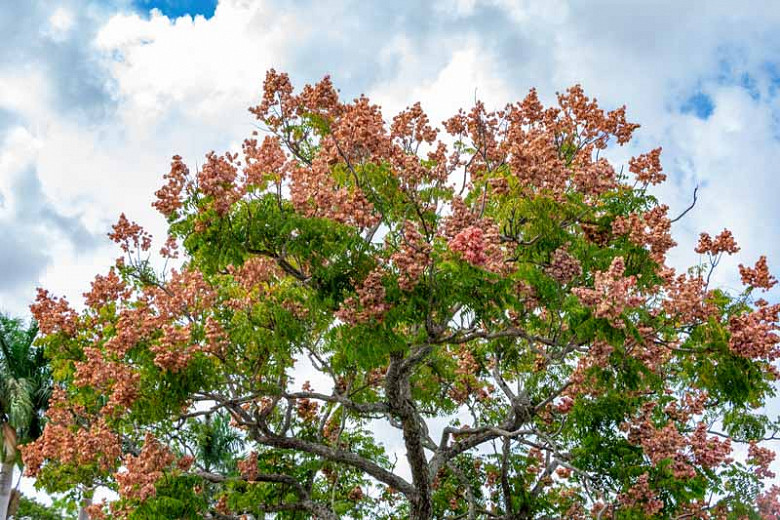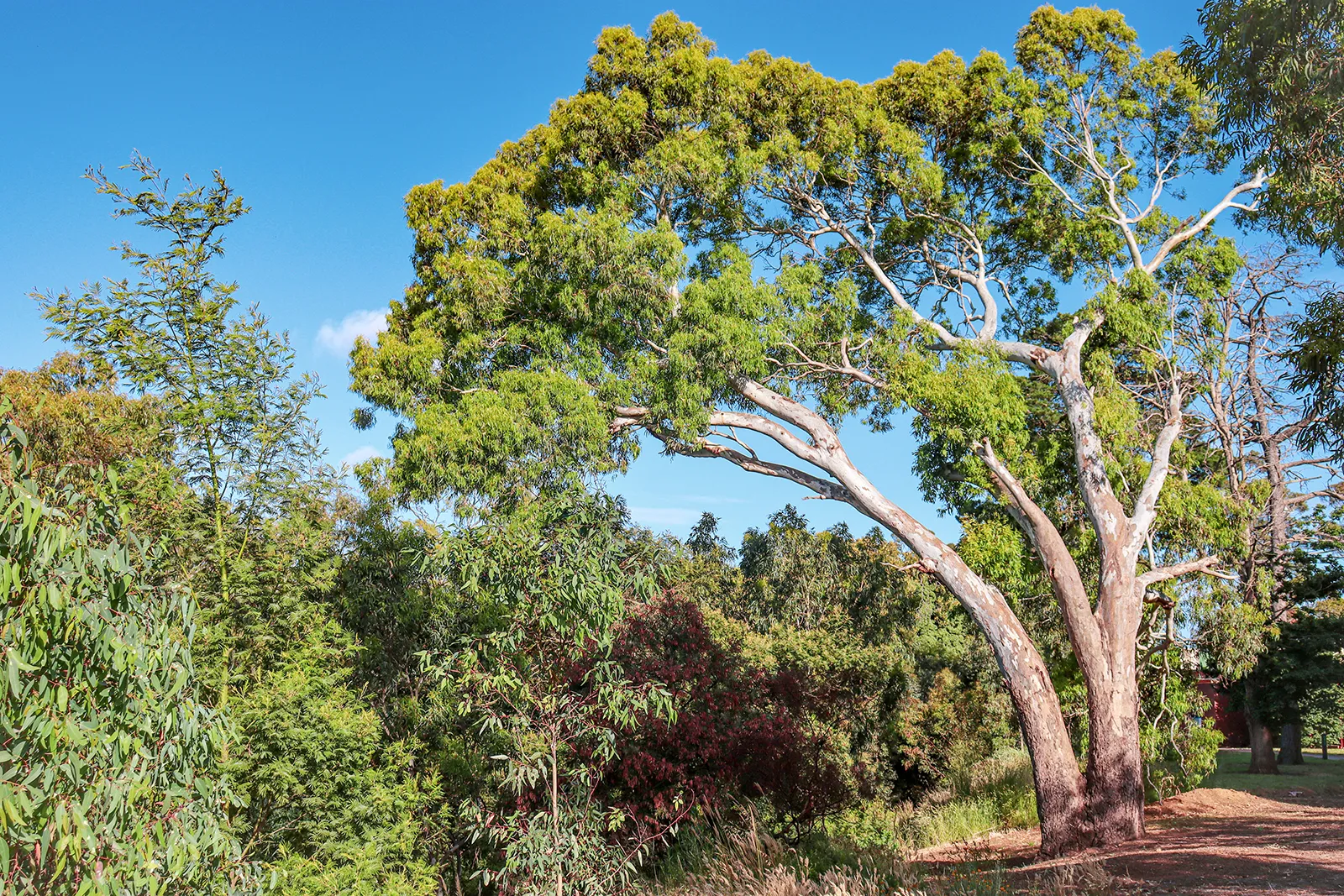Planting invasive tree species in your backyard is a detrimental decision with far-reaching consequences. These species, while visually appealing and seemingly harmless at first, can rapidly spread beyond their intended boundaries, wreaking havoc on the local ecosystem. Invasive trees outcompete native vegetation, monopolizing resources such as water, sunlight, and nutrients, leading to a loss of biodiversity and habitat destruction. Their aggressive growth patterns can choke out native plants, disrupt natural ecosystems, and even displace native wildlife.
Additionally, invasive trees often lack natural predators or diseases that would keep their population in check, allowing them to multiply unchecked and establish self-sustaining populations. The ripple effects of such plantings extend beyond one’s backyard, as the spread of invasive trees can lead to economic losses, degrade recreational areas, and increase the cost of invasive species management. By choosing native or non-invasive tree species instead, individuals can contribute to the preservation and sustainability of their local environment.
Chinese Flame Tree
The Chinese flame tree is, unsurprisingly, native to China and though it is truly a beautiful tree with a lovely summertime bloom, they are pest resistant and can handle droughts, which in their native environment is great. However, one tree can quickly become many and spread uncontrollably.

Chinese Flame Tree
Eucalyptus Trees
Eucalyptus trees are native to Australia, Tasmania, and the island surrounding them. They give off a wonderful smell and have coveted health benefits, but that doesn’t mean you should plant them in your yard. They need a significant amount of nutrients, more than other plants, and they’ll hog the nutrients away from other plants, causing them to die. They dehydrate easily, which means that in times of drought, their heavy branches can fall and become quite dangerous.

Eucalyptus Trees




